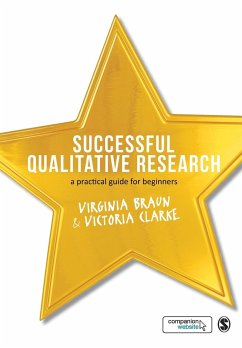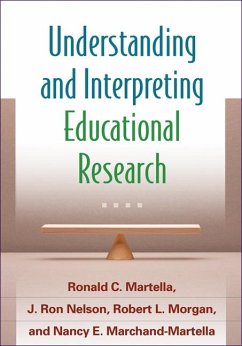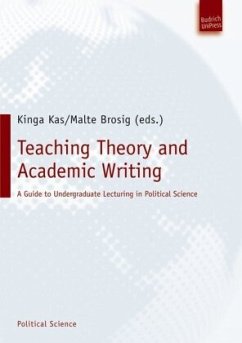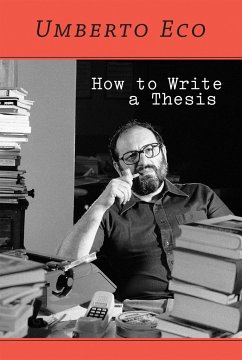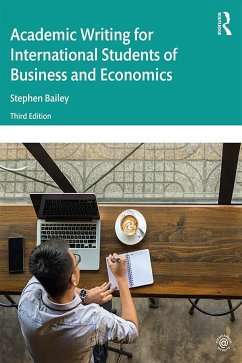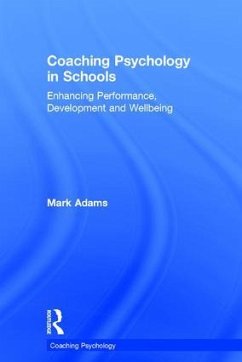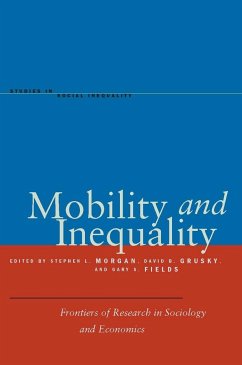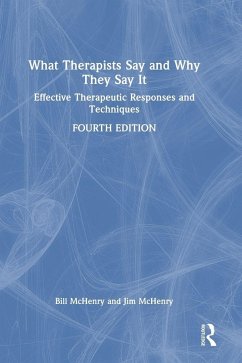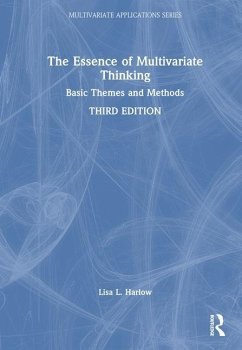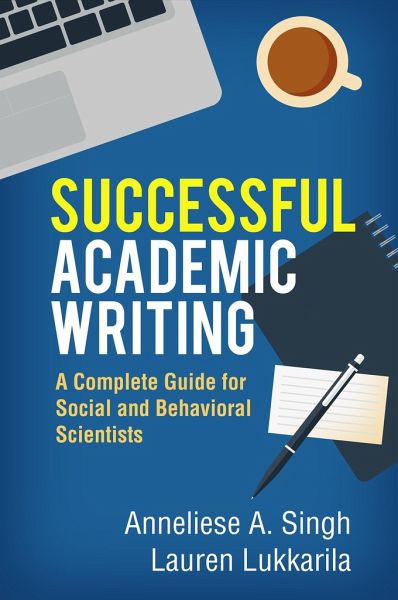
Successful Academic Writing
A Complete Guide for Social and Behavioral Scientists

PAYBACK Punkte
26 °P sammeln!
Using rich examples and engaging pedagogical tools, this book equips students to master the challenges of academic writing in graduate school and beyond. The authors delve into nitty-gritty aspects of structure, style, and language, and offer a window onto the thought processes and strategies that strong writers rely on. Essential topics include how to: identify the audience for a particular piece of writing; craft a voice appropriate for a discipline-specific community of practice; compose the sections of a qualitative, quantitative, or mixed-methods research article; select the right peer-re...
Using rich examples and engaging pedagogical tools, this book equips students to master the challenges of academic writing in graduate school and beyond. The authors delve into nitty-gritty aspects of structure, style, and language, and offer a window onto the thought processes and strategies that strong writers rely on. Essential topics include how to: identify the audience for a particular piece of writing; craft a voice appropriate for a discipline-specific community of practice; compose the sections of a qualitative, quantitative, or mixed-methods research article; select the right peer-reviewed journal for submitting an article; and navigate the publication process. Readers are also guided to build vital self-coaching skills in order to stay motivated and complete projects successfully.
User-Friendly Features
Exercises (with answers) analyzing a variety of texts.
Annotated excerpts from peer-reviewed journal articles.
Practice opportunities that help readers apply the ideas to their own writing projects.
Personal reflections and advice on common writing hurdles.
End-of-chapter Awareness and Action Reminders with clear steps to take.
User-Friendly Features
Exercises (with answers) analyzing a variety of texts.
Annotated excerpts from peer-reviewed journal articles.
Practice opportunities that help readers apply the ideas to their own writing projects.
Personal reflections and advice on common writing hurdles.
End-of-chapter Awareness and Action Reminders with clear steps to take.




